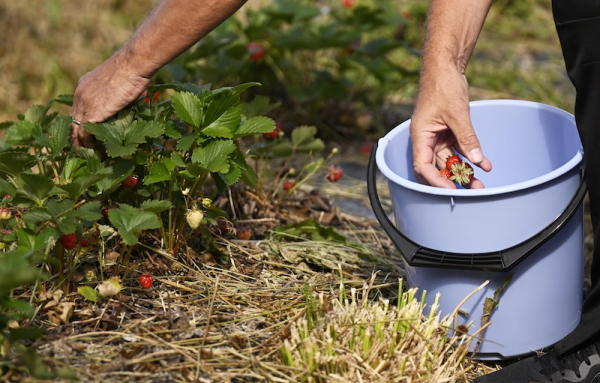Thai berry pickers claim exploitation in Finnish human trafficking trial

- Next Article Helsinki’s cherry park bloom cut short by pruning mistake
A Finnish court is hearing a human trafficking case involving 62 Thai berry pickers, shedding light on claims of exploitative labour practices and poor working conditions. The trial, ongoing in the Lapland District Court, has drawn attention to the controversial recruitment and treatment of foreign seasonal workers in Finland’s berry industry.
The case centres on Kalyakorn “Durian” Phongpit, a Thai national and coordinator for berry pickers, and Vernu Vasunta, CEO of the Finnish berry company Kiantama.
Prosecutors allege the pair subjected the pickers to forced labour, substandard living conditions, and unreasonably low pay. Both defendants deny the charges and face potential prison sentences of 3–4 years if convicted.
One picker testified that after harvesting 3,500 kilograms of berries, they earned just €115. Others described inadequate food provisions, losing significant weight during the season, and being misled about the earning potential of berry picking.
“I thought I would earn enough to bring home savings. I wouldn’t have come if I had known the reality,” one worker said.
The prosecution claims the workers were pressured into signing contracts they could not fully understand, obliging them to meet unrealistic daily quotas and cover financial losses if targets were not met.
The defence argues that some pickers underperformed due to inexperience or self-misrepresentation during recruitment. Phongpit said many claimed to be skilled but were first-time pickers, which contributed to their inability to meet minimum earnings.
“We were told they were experienced, but many had no prior experience. I only realised this during court proceedings,” Phongpit said.
Vasunta claimed external factors, including police intervention during the picking season and alleged unauthorised berry sales by some workers, affected earnings. “Picking berries is hard work; not everyone is suited for it,” he added.
The court also heard that living conditions at picking camps were substandard, with inadequate food and poor facilities. Workers recounted being unable to read or question contracts signed in Thailand, which committed them to cover travel and accommodation costs regardless of earnings.
Labour activists argue that the case reflects broader issues in Finland’s berry industry, which heavily relies on seasonal migrant workers.
The trial is expected to continue until March. Meanwhile, Phongpit faces additional charges in another human trafficking case involving 78 workers for a different berry company, Polarica. That trial is set to begin in May.
HT
- Next Article Helsinki’s cherry park bloom cut short by pruning mistake
Source: www.helsinkitimes.fi
